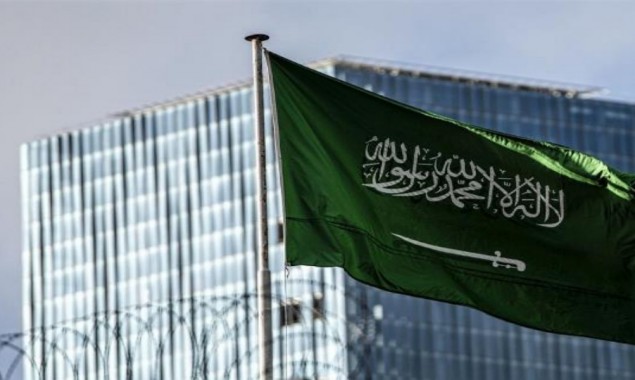Pakistan Strongly Condemns Houthi Militia’s Attacks on Saudi Arabia
Islamabad: Pakistan has strongly condemned the recent Houthi militia’s attacks that include...

KARACHI: The Kingdom of Saudi Arabia has agreed to restart providing oil aid to Pakistan worth at least $1.5 billion annually from July 2021, which analysts believe would provide the much-needed support to the current account, and help stabilise the rupee.
The Saudi offer is less than half of the previous oil facility of $3.4 billion, which was put on hold when Pakistan’s relations with Saudi Arabia frayed.
Pakistan is vying for all available alternative plans to overcome its external account problems. The resumption of the deferred oil facility by Saudi
Arabia can go a long way to get the desired results. The development comes at a time when Pakistan is negotiating the conditions with the International Monetary Fund (IMF) to ensure it does not burden its masses by increasing taxes and increasing power tariffs again to repay loans.
Pakistan’s foreign exchange reserves were more than $16 billion in June, compared with around $7 billion in 2019 before it entered its $6 billion IMF program.
Earlier, Saudi Arabia had provided a $6 billion financial package, including $3 billion deposits in the State Bank of Pakistan, and the remaining $3 billion for oil facility on deferred payment on an annual basis.
[amazonad category=”Mobile”]
The previous oil facility from the Kingdom of Saudi Arabia was signed for three years during the visit of Saudi Crown Prince Mohammad bin Salman to Pakistan. This facility was made operational from July 2019 with the understanding that the first-year bill would be paid on a monthly basis and then the second-year oil would be obtained on deferred payment.
Khurram Schehzad, CEO of Alpha Beta Core, said: “The oil facility would support the external account position of the country (stable oil imports in the wake of high oil prices). The facility would help push outflows ahead by changing the timings of oil payment (deferred oil payment facility); hence, lower pressure on [the] rupee in the short run.”
The facility of $1.5 billion/annum was less than half of the previous facility approved in November 2018 when the oil facility was worth $3.2 billion alongside a short-term loan of $3 billion, he added.
“Further, oil prices back in November 2018, when an earlier facility was granted averaged at $66/bbl, versus now at $73/bbl, up 12 per cent,” he said.
Ahsan Mehanti, director of Arif Habib Corp, said that it was a positive development that would support the dwindling current account.
“Last year, we had to borrow from China to pay back the Saudi assistance, but this year we would not need to go [to] China, and there is a general perception that [the] rupee would gain stability following this development.”
Talking about the geo-political impact, Mehanti said the extension of the oil facility might affect Pakistan-Iran relationship, “but it would be a positive impact for Pakistan because we have profitable relationship with Saudi Arabia, as a large chunk of remittances come from Saudi Arabia, and the flow could improve, going forward.”
Catch all the International News, Breaking News Event and Latest News Updates on The BOL News
Download The BOL News App to get the Daily News Update & Follow us on Google News.